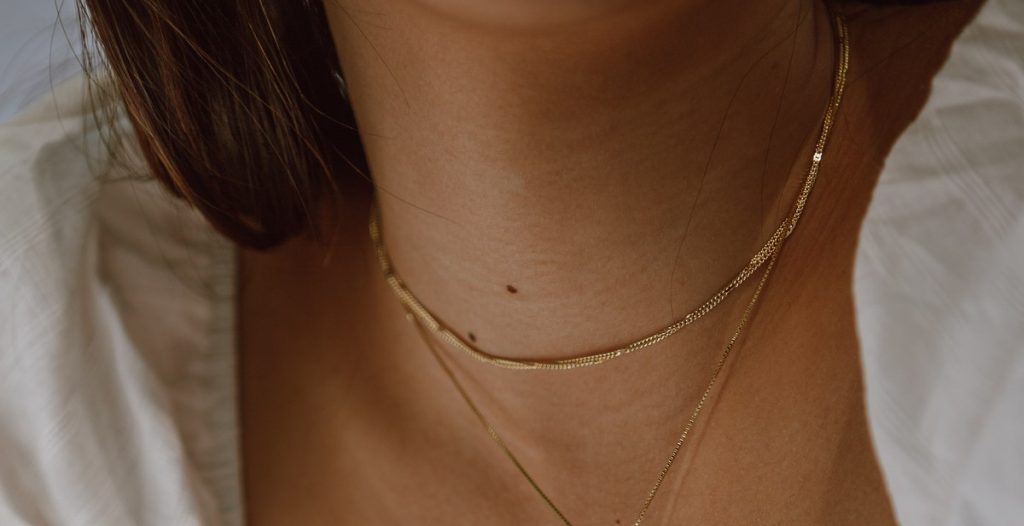Understanding Jewelry Appraisals and Insurance: Protecting Your Investment
Investing in jewelry is not only a matter of personal taste and style, but also a financial decision. Whether you purchase a piece of jewelry as a gift or for yourself, it is important to understand its value and protect your investment. Jewelry appraisals and insurance policies are two essential tools to ensure that your precious items are properly valued and covered in the event of loss, theft or damage.
What is a Jewelry Appraisal?
A jewelry appraisal is a document that provides a detailed description and valuation of a piece of jewelry. It includes information about the metal, gemstones, and other materials used, as well as the quality, condition, and overall value of the piece. A professional jewelry appraiser will examine the item and provide an accurate and unbiased opinion of its worth based on current market trends and other factors.
Why is Jewelry Insurance Important?
Jewelry insurance is designed to protect your investment in the event of loss, theft or damage. It provides financial compensation for the full or partial value of the item, depending on the terms of the policy. Without proper insurance coverage, you risk losing your valuable jewelry and the financial investment you made in it.
Understanding jewelry appraisals and insurance policies is crucial to protecting your investment in precious items. In the following sections, we will discuss the different types of appraisals and insurance policies available, and how to choose the right ones for your needs.
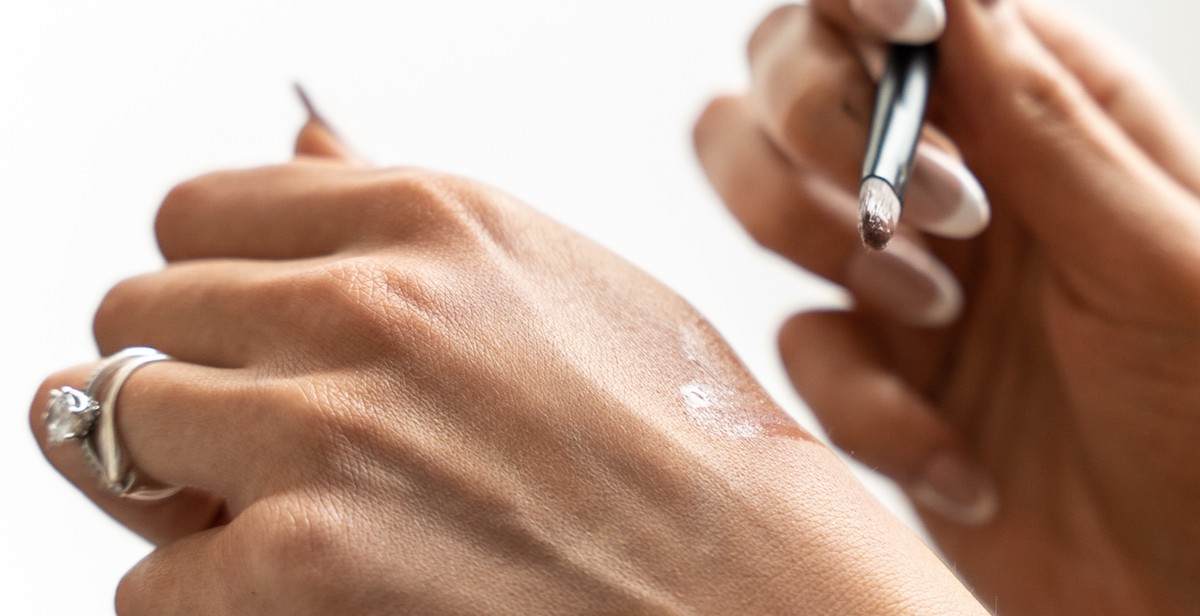
Why You Need a Jewelry Appraisal
Investing in fine jewelry is a significant financial decision, and it is essential to protect your investment. One of the best ways to do this is by obtaining a professional jewelry appraisal. An appraisal is a document that provides an accurate description and valuation of your jewelry, which is useful for insurance purposes, estate planning, and resale value.
Protecting Your Investment
Jewelry appraisals are crucial for protecting your investment. In the event of loss, theft, or damage, an appraisal can help you receive appropriate compensation from your insurance company. Without an appraisal, you may not receive the full value of your jewelry, which can result in a significant financial loss.
Estate Planning
If you plan to pass your jewelry down to your heirs, it is essential to have a jewelry appraisal. An appraisal can help ensure that your jewelry is distributed fairly among your beneficiaries and can also help minimize potential legal disputes. Additionally, an appraisal can help your heirs understand the true value of your jewelry and make informed decisions about its future.
Resale Value
If you plan to sell your jewelry, an appraisal can be invaluable. A professional appraisal can help you determine the fair market value of your jewelry, which can assist you in setting an appropriate selling price. Additionally, an appraisal can help you avoid being taken advantage of by unscrupulous buyers who may offer you less than your jewelry is worth.
| Benefits of a Jewelry Appraisal |
|---|
| Protects your investment |
| Assists with estate planning |
| Helps determine resale value |
In conclusion, a jewelry appraisal is essential for anyone who wants to protect their investment, plan their estate, or sell their jewelry. By obtaining a professional appraisal, you can ensure that you receive the full value of your jewelry and make informed decisions about its future.
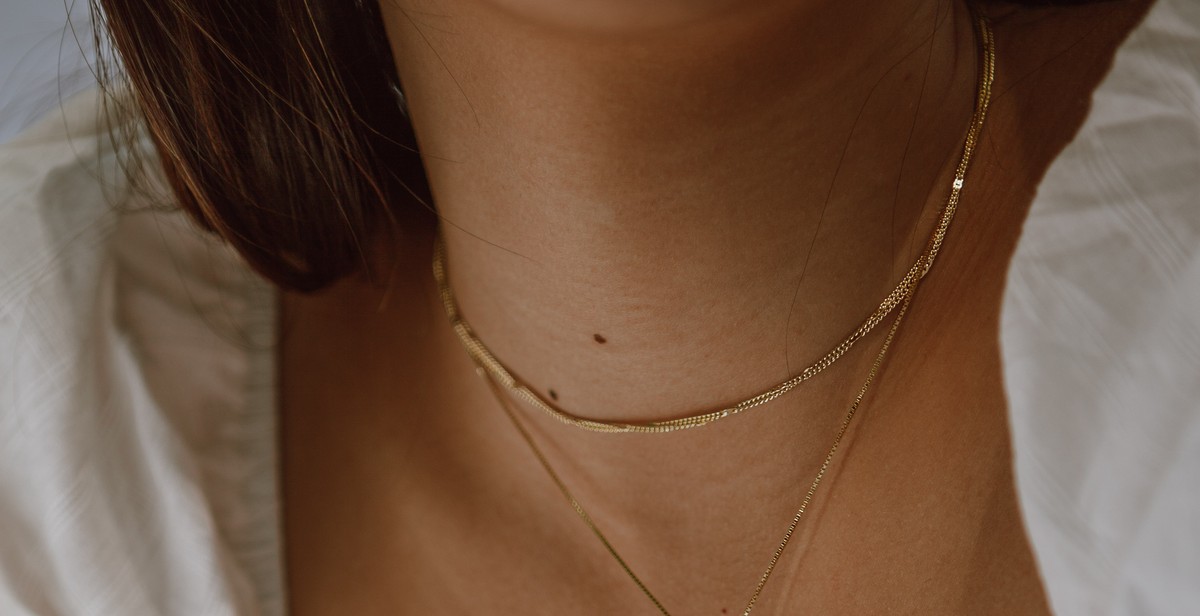
What to Expect During a Jewelry Appraisal
If you’re considering getting your jewelry appraised, it’s important to know what to expect from the process. A thorough appraisal will give you an accurate assessment of your jewelry’s value, which is crucial for insurance purposes and for protecting your investment. Here’s what you can expect during a jewelry appraisal:
The Appraiser’s Credentials
First and foremost, make sure that you choose an appraiser who is qualified and experienced in jewelry appraisals. Look for an appraiser who is certified by a reputable organization such as the Gemological Institute of America (GIA) or the American Gem Society (AGS). These organizations have strict standards for appraisers and ensure that they have the necessary education and training to accurately appraise jewelry.
The Appraisal Process
The appraisal process typically involves a visual inspection of the jewelry, as well as tests to determine the metal content and gemstone quality. The appraiser will take detailed measurements, note any visible flaws or damage, and examine the cut, color, and clarity of any gemstones. They may also use specialized equipment such as a loupe or microscope to examine the jewelry more closely.
After the appraisal is complete, the appraiser will provide you with a detailed report that includes a description of the jewelry, the appraised value, and any other relevant information such as the metal content and gemstone quality.
Factors That Affect the Value of Jewelry
Several factors can affect the value of your jewelry, including:
- The quality and rarity of the gemstones
- The metal content and purity
- The craftsmanship and design of the piece
- The age and provenance of the jewelry
- The current market demand for similar pieces
Keep in mind that the value of your jewelry may fluctuate over time, so it’s important to have it appraised periodically to ensure that your insurance coverage is up to date and that you’re protecting your investment.
| Tip: | It’s a good idea to have your jewelry appraised by a qualified appraiser every 3-5 years. |
|---|
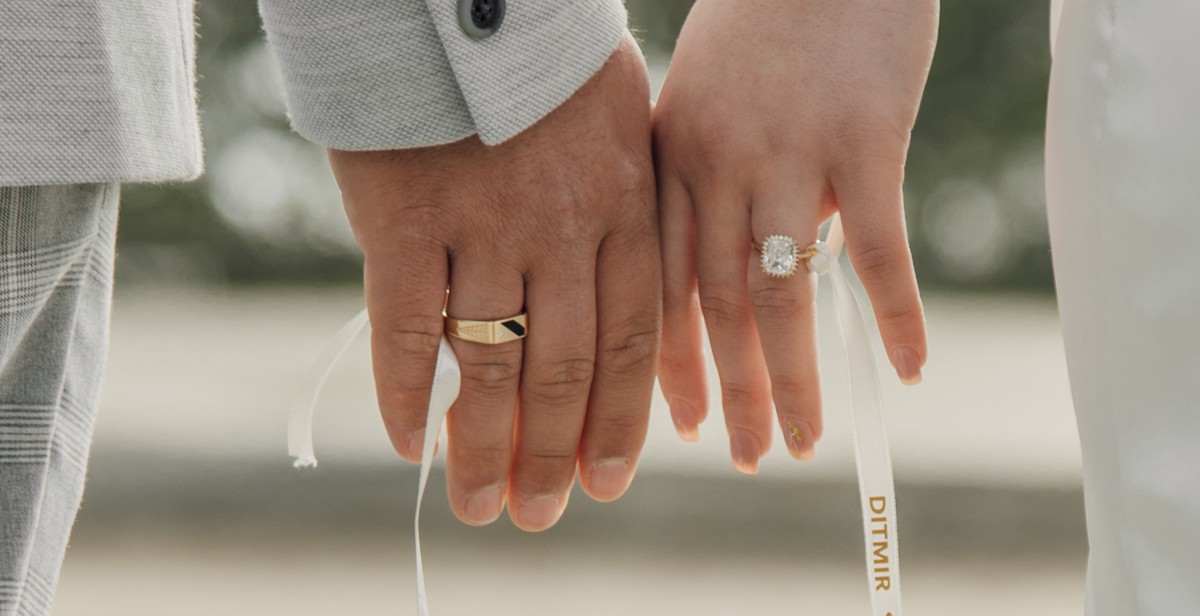
Types of Jewelry Appraisals
There are various types of jewelry appraisals, each serving a different purpose. Understanding the different types of appraisals is crucial to protect your investment and ensure you are adequately insured.
Insurance Appraisals
An insurance appraisal is a formal document that specifies the value of your jewelry for insurance purposes. This type of appraisal is essential if you want to insure your jewelry against theft, loss, or damage. Insurance appraisals should be updated regularly to reflect any changes in the market value of your jewelry.
Estate Appraisals
Estate appraisals are conducted when a piece of jewelry is inherited or passed down through generations. This type of appraisal determines the fair market value of the jewelry at the time of the owner’s death. Estate appraisals can also be used for tax purposes.
Liquidation Appraisals
Liquidation appraisals are conducted when you need to sell your jewelry quickly, often for financial reasons. This type of appraisal determines the value of your jewelry in the current market, taking into account factors such as condition, age, and demand. Liquidation appraisals typically result in a lower value than insurance or estate appraisals.
| Appraisal Type | Purpose | Value Determination |
|---|---|---|
| Insurance | Insurance coverage | Replacement value |
| Estate | Inheritance, tax purposes | Fair market value at time of death |
| Liquidation | Quick sale | Current market value |
It’s important to choose a qualified and experienced appraiser for all types of jewelry appraisals. Look for an appraiser who is accredited by a reputable organization, such as the Gemological Institute of America (GIA) or the American Gem Society (AGS).
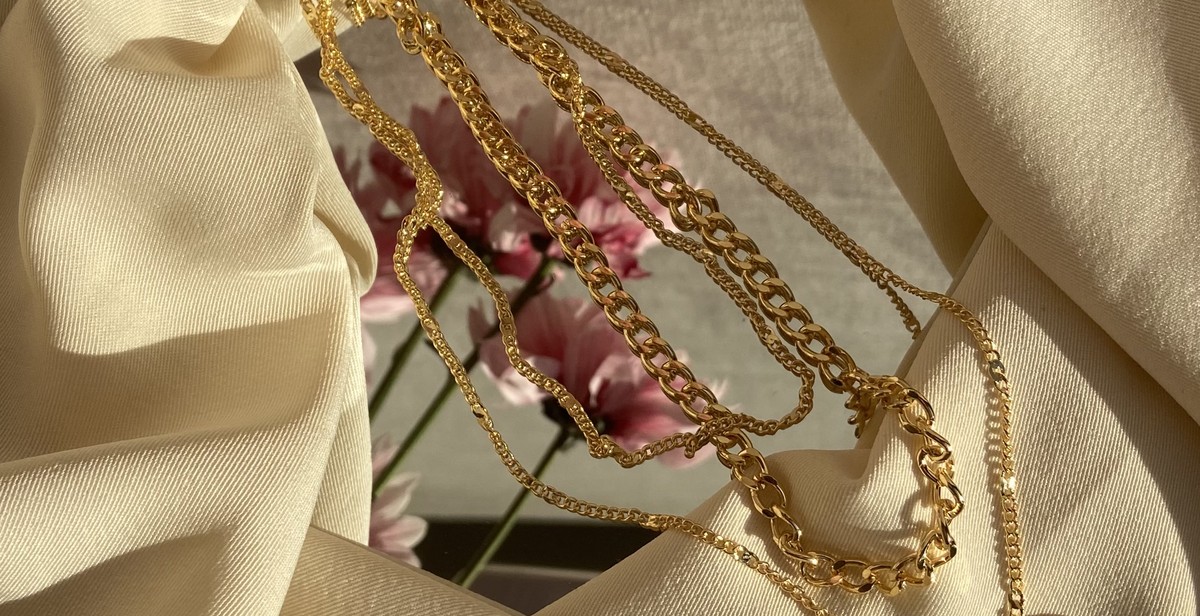
Choosing the Right Jewelry Appraiser
When it comes to protecting your valuable jewelry investment, choosing the right jewelry appraiser is crucial. Here are some important factors to consider:
Experience and Expertise
Look for an appraiser with extensive experience in the jewelry industry, preferably someone who has worked as a jeweler or gemologist. They should have a deep understanding of gemstones, metals, and jewelry design. Additionally, the appraiser should be able to provide you with a detailed appraisal report that includes information about the quality and condition of the jewelry, as well as its current market value.
Professional Affiliations
Choose an appraiser who is a member of a professional organization such as the National Association of Jewelry Appraisers or the American Society of Appraisers. These organizations have strict ethical standards and require their members to undergo ongoing training and education to stay up-to-date with industry developments.
References and Reviews
Ask the appraiser for references from previous clients and check online reviews to get a sense of their reputation. Look for an appraiser who has positive feedback from satisfied clients and has been in business for several years.
- Choose an appraiser with extensive experience in the jewelry industry
- Look for an appraiser who is a member of a professional organization
- Ask the appraiser for references from previous clients and check online reviews
By taking these factors into account, you can ensure that you choose an experienced and reputable jewelry appraiser who will provide you with an accurate and comprehensive appraisal report.

Understanding Jewelry Insurance
When it comes to protecting your investment in precious jewelry, insurance is a must-have. Jewelry insurance provides financial protection against loss, theft, and damage to your valuable pieces. But before you sign up for any insurance policy, it’s important to understand the different types of jewelry insurance, what they cover, and how to choose the right one for your needs.
Types of Jewelry Insurance
There are two main types of jewelry insurance: standalone policies and add-on coverage to your homeowners or renters insurance.
- Standalone Policies: These policies are specifically designed to cover jewelry and other valuable items. They offer more comprehensive coverage than add-on policies and may have higher limits. Standalone policies also usually offer coverage for a wider range of events, such as loss, theft, damage, and mysterious disappearance.
- Add-On Coverage: Some homeowners or renters insurance policies offer add-on coverage for jewelry. This coverage is usually less expensive than standalone policies, but it may have lower limits and more restrictions on what events are covered.
What Jewelry Insurance Covers
Jewelry insurance typically covers loss, theft, damage, and mysterious disappearance. However, it’s important to read the policy carefully to understand the specific coverage and exclusions. Some policies may not cover certain types of damage, such as scratches or wear and tear, or may have limits on how much they will pay out for a single item or event.
How to Choose the Right Jewelry Insurance
When choosing jewelry insurance, consider the following factors:
- Reputation of the Insurance Company: Choose a reputable insurance company with a strong financial rating and a history of paying out claims.
- Coverage Limits: Make sure the policy covers the full value of your jewelry collection and has high enough limits for individual items.
- Premiums: Compare premiums from different insurance companies to find the best value for your budget.
- Deductibles: Consider the deductible amount and how it will affect your out-of-pocket expenses in the event of a claim.
- Policy Exclusions: Read the policy carefully to understand what events and types of damage are excluded from coverage.
By understanding the different types of jewelry insurance, what they cover, and how to choose the right one for your needs, you can protect your investment in precious jewelry and have peace of mind knowing that you’re covered in the event of loss, theft, or damage.
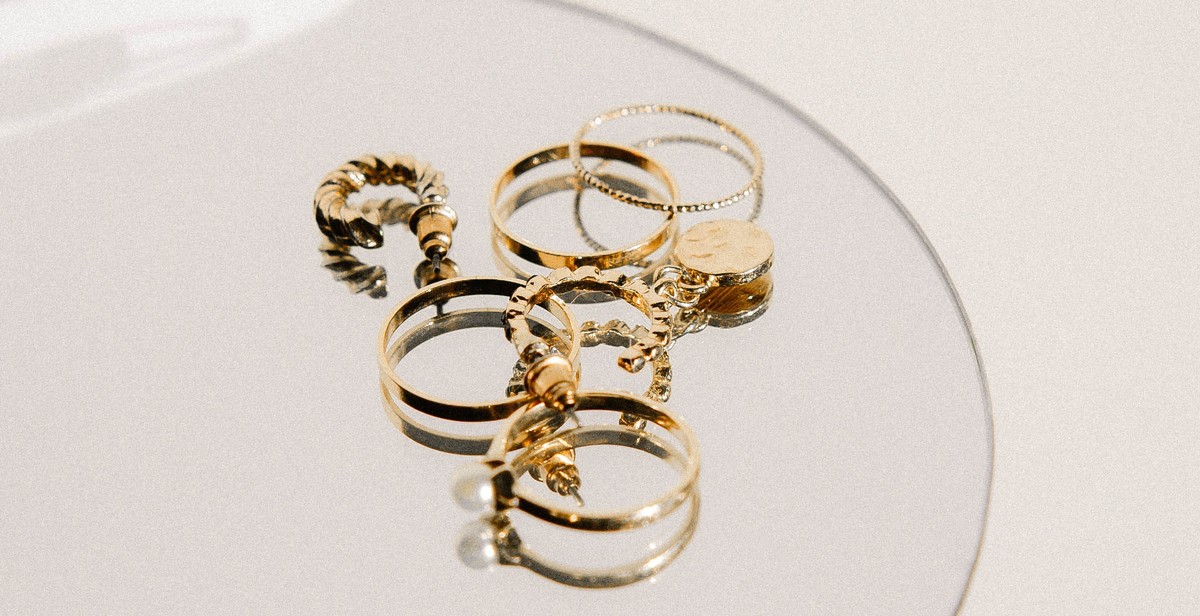
Conclusion
Understanding jewelry appraisals and insurance is crucial for protecting your investment. You should always seek the services of a qualified and experienced appraiser to determine the value of your jewelry. This will help you to get the right coverage for your jewelry and ensure that you are not underinsured or overinsured.
When selecting an insurance policy, it is important to read the terms and conditions carefully and ask questions if there is anything you don’t understand. Make sure that the policy covers all the risks that are important to you, such as theft, loss, damage, and even mysterious disappearance.
It is also important to keep your jewelry appraisals up to date, especially if the value of your jewelry has increased significantly. This will help you to avoid any surprises in the event of a claim and ensure that you are adequately covered.
Finally, it is always a good idea to take steps to protect your jewelry from loss, damage, and theft. This can include storing your jewelry in a safe or secure location, being cautious when wearing your jewelry in public, and taking photographs of your jewelry for identification purposes.
By following these tips, you can protect your investment and enjoy your jewelry with peace of mind.

